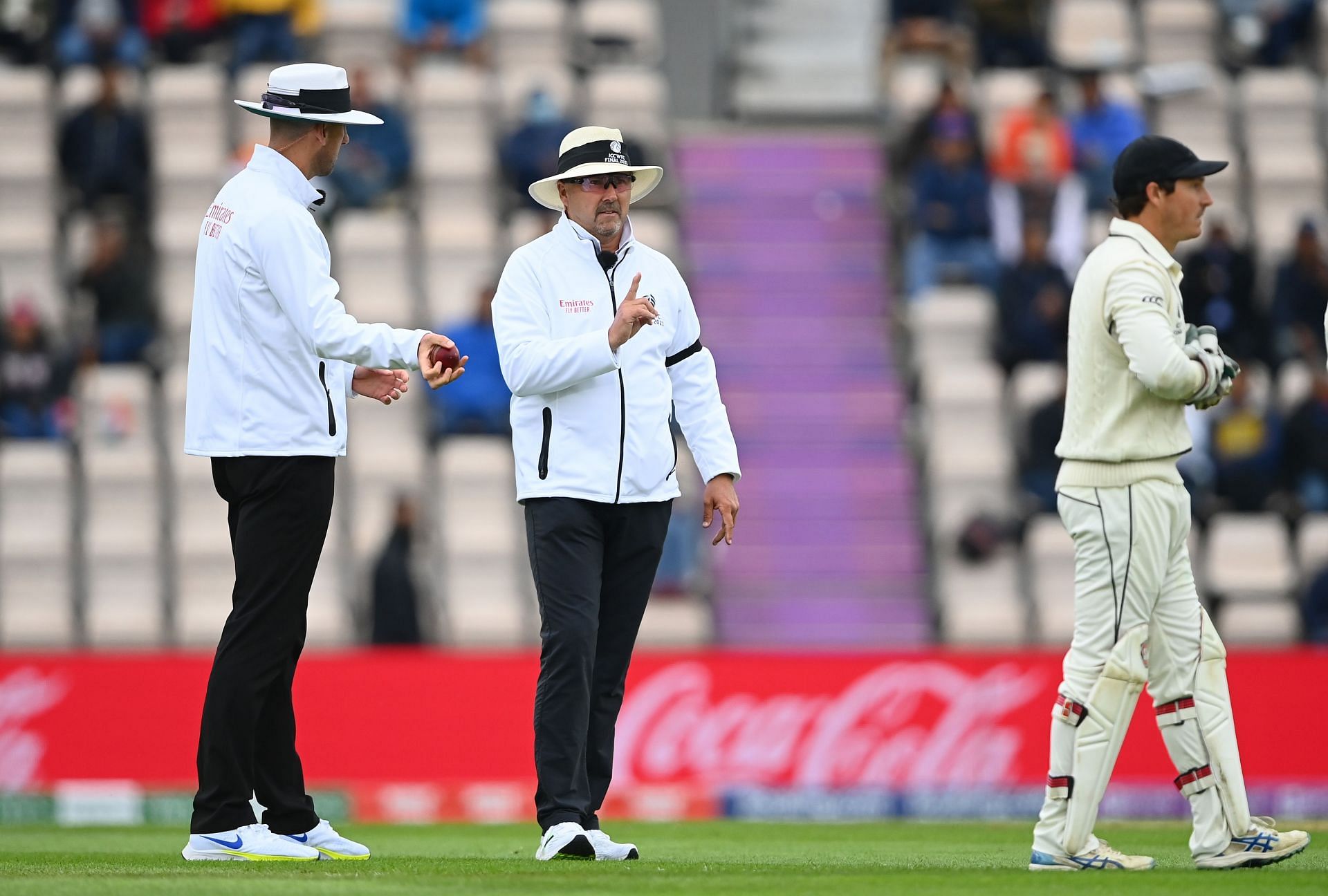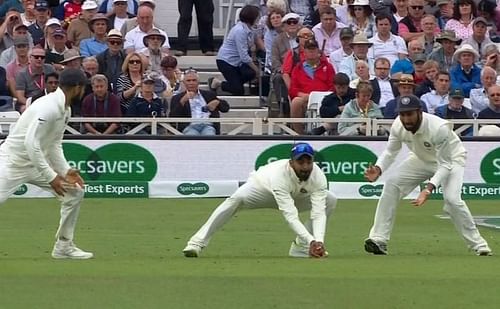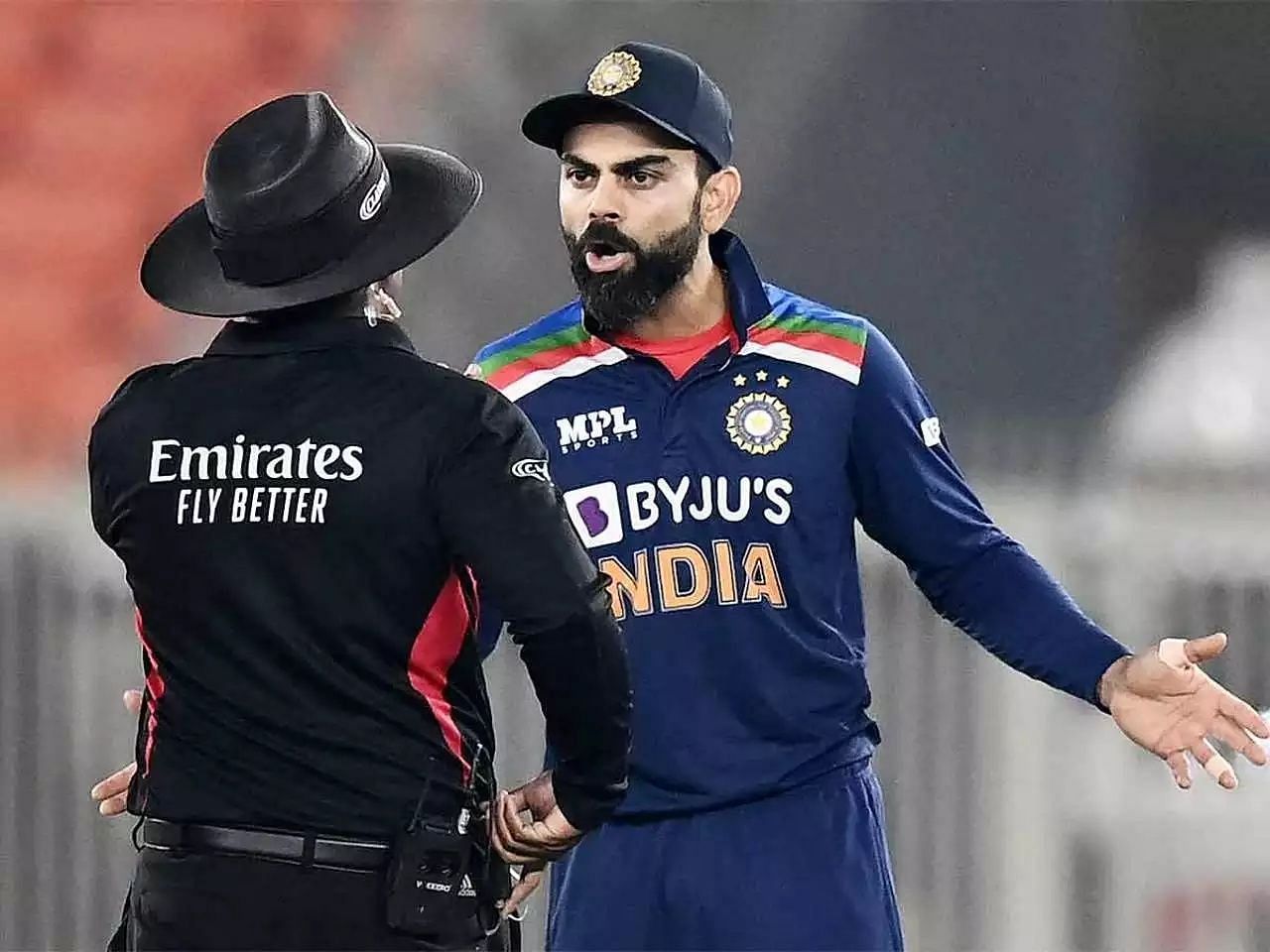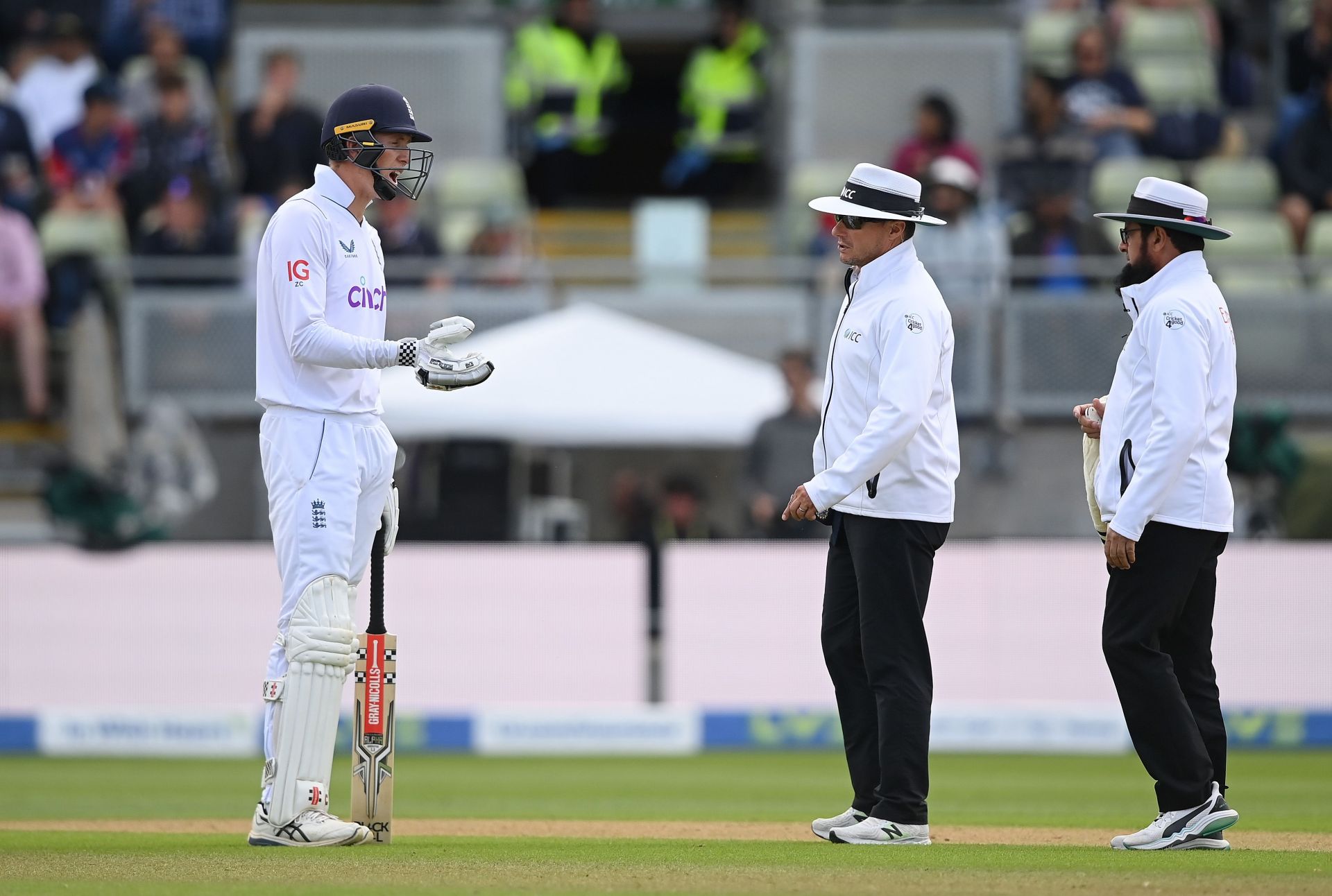
3 reasons why the ICC abolishing the soft signal is the right move
The soft signal is all set to be a thing of the past in international cricket. According to a report in Cricbuzz, the International Cricket Council (ICC) has decided to do away with the controversial rule.
The change is expected to come into effect, starting with the World Test Championship (WTC) final between India and Australia, which will be played at The Oval from June 7 to 12.
The report added that the change has been approved by the Sourav Ganguly-headed cricket committee of the ICC and that the same has been conveyed to the two WTC finalists - India and Australia.
There has been a massive debate over the use of the soft signal in international cricket matches, with a number of cricketers and experts sharing mixed views over the same.
In the wake of reports that the ICC has decided to move on from the soft signal rule, we look at three reasons why the move is the right one.
#1 There is too much ambiguity surrounding the rule

The biggest problem with having the soft signal in place is the fact that it handicaps the third umpire instead of helping him when it comes to making decisions on contentious catches.
As per the rule, whenever a decision is referred to the TV umpire, the on-field umpire has to make a soft signal. In case, the third umpire does not have “conclusive evidence” to give a verdict, the soft signal stays as the final decision.
There is just way too much ambiguity surrounding the rule and hence the controversy. The on-field umpire has to make the final decision in case the third umpire cannot arrive at one.
This is quite bizarre since the whole point of referring the decision in the original place was that there was an element of doubt over the same.
As per the new rule, at least the third umpire will have the final say on doubtful catches.
#2 Big names have expressed dissatisfaction over the soft signal rule

The soft signal is one rule over which a number of big names have openly expressed reservations.
Backed in 2021, former India captain Virat Kohli had this to his say after a decision went in the opposition team’s (England’s) favor owing to the soft signal rule, despite replays indicating that the catch might not have been taken cleanly:
“I don’t know why there cannot be a sort of “I don’t know” call for the umpire as well. Why does it have to be a conclusive one? Because then that [dictates] the whole decision completely. Similar to the argument we have about umpire’s call as well.
“I think these are some things that can really, really change the whole course of the game, especially in a big game. So you want these things ironed out as much as possible, keep this game simple, keep it linear, have one set of rules which are not grey areas which we don’t understand sometimes, and sometimes we do.
"So it’s not ideal, especially in a high-pressure game which has a lot of things riding on it, a lot at stake. It’s important to have a lot of clarity on the field.”
Sharing his thoughts over a controversial decision pertaining to Marnus Labuschagne during the Australia-South Africa Test series earlier this year, England's Test captain Ben Stokes tweeted:
"ICC should get rid of the soft signal and let the 3rd umpire who has all the technology make the decision when the on-field umpires send it upstairs, all the controversy is always around the soft signal given. This isn't a comment on the decision FYI (sic).”
When players, and that too some of the biggest stars of the game, have so many trust issues over a rule, it is better to do away with it.
#3 The purpose of any rule is to try and ensure the correct decision is made

Be it cricket or general life, the purpose of having a rule in place is to try and ensure the implementation of what is correct. In that sense, the soft signal rule wasn’t serving any great purpose. As mentioned earlier, the one-field umpires were forced to take the final call in case of “inconclusive evidence”.
There have been numerous instances over the past few years when it has been clear that debatable decisions have been made because of the soft signal rule being in place.
In a nutshell, there is just too much going against the soft signal rule. As such, cricket should be better off without it.